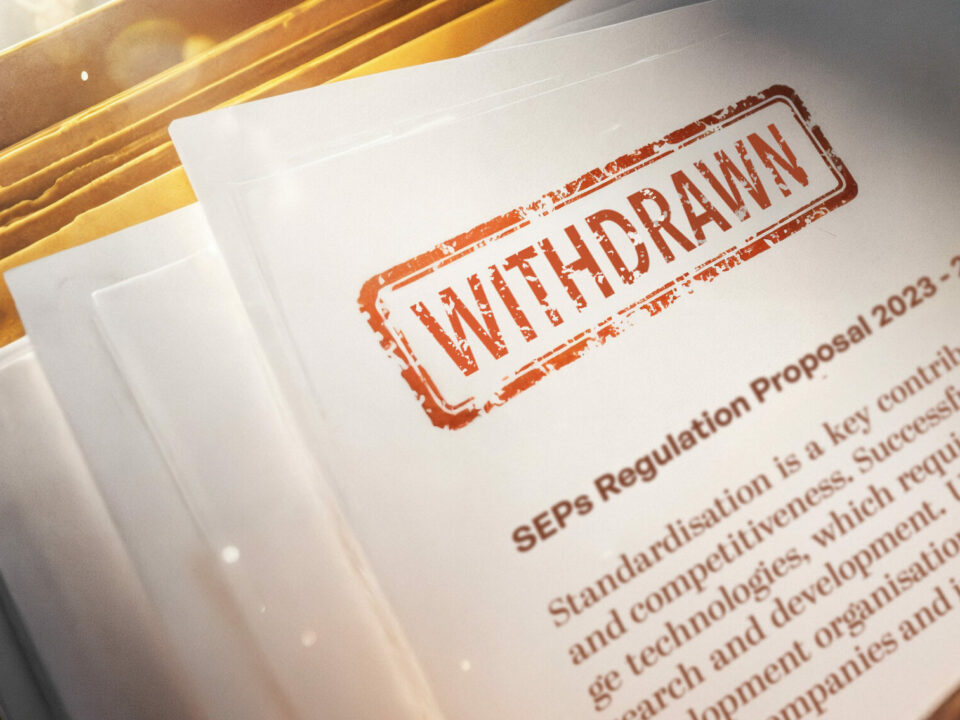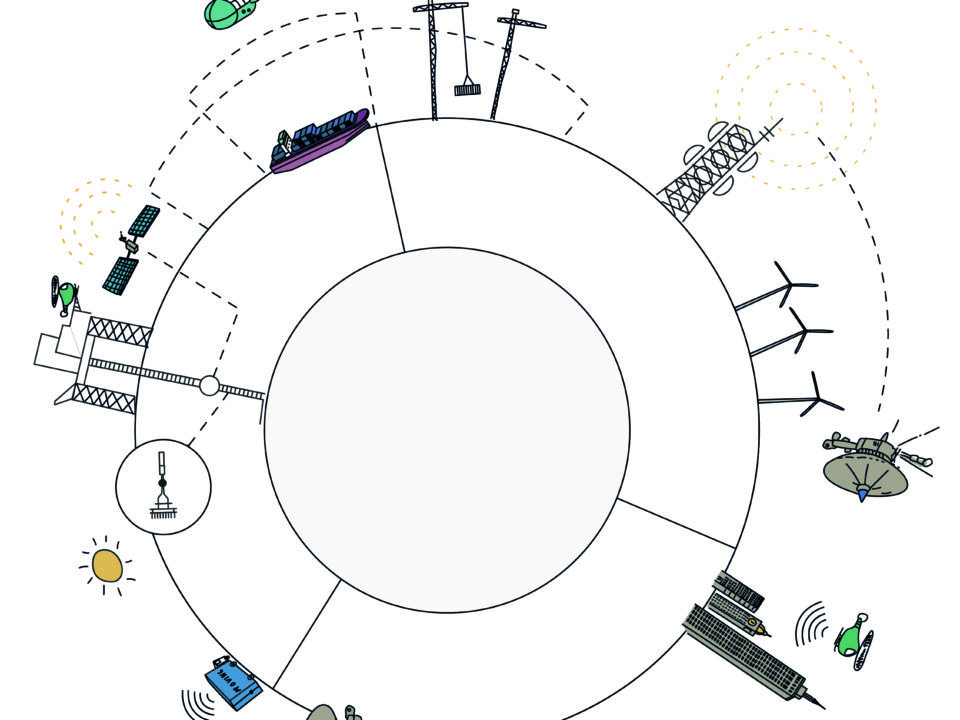European Parliament Question to the Commission on Standard-Essential Patents
Andreas Schwab (MEP) has tabled three questions to the European Commission on the topic of standard-essential patents (SEPs). The questions relate to the problem of hold-out which is when implementers of a standard delay or refuse to conclude licenses with SEP owners on fair, reasonable and non-discriminatory (FRAND) terms. For instance, MEP Schwab cites Chinese handset manufacturer Transsion as an example of an unlicensed user of SEPs.
MEP Schwab asks specifically:
1. In light of its intention to propose a new framework for standard-essential patents, has the Commission calculated the cost to the EU single market of the unlicensed use of EU-made IP, as in the case of Transsion Holdings, and what is its position in this regard?
2. Given its drive to achieve strategic autonomy for the EU, will it discourage European businesses from establishing commercial partnerships with companies known to deliberately infringe IP rights, or will it issue any recommendations on the subject?
3. How will the Commission protect IP holders in the telecommunication sector from the unlicensed use of their IP globally?
Overall, MEP Schwab’s questions show a clear concern about the hold-out faced by SEP owners. This concern is justified because the Commission’s various consultations on SEPs have relied heavily upon opinion evidence. Given the highly partisan debate around SEPs, and given that implementers greatly outnumber SEP owners, such opinion evidence will tend to minimize hold-out as a problem. Of course, we know that European court cases clearly show that hold-out is a consistent problem.
Due to this problem with opinion evidence, the European Parliament has encouraged the Commission to develop objective data regarding hold-out. For instance, it has called on the Commission “to publish biannual reports evidencing actual cases of: (a) unlicensed SEP use (i.e. infringements) lasting for 18 months or more; and (b) issues regarding access to standards due to systematic non-compliance with FRAND commitments”.
Further, a 2021 JURI Report [2] also suggested that a designated observatory be established to track and publish annual reports evidencing actual cases of non-compliance with FRAND and so-called patent ‘hold-up’ and patent ‘hold-out’.
The Commission should inform Parliament whether it has acted on these requests, if it has not then why not, and what evidence of unlicensed SEP use it has obtained to date. Hold-out is a problem a problem that has very negative implications for European technological sovereignty and strategic autonomy.
[1] EU Parliament resolution of 4 July 2017 on European standards for the 21st century (2016/2274(INI)). Available here: https://www.europarl.europa.eu/doceo/document/E-9-2023-000530_EN.html.




